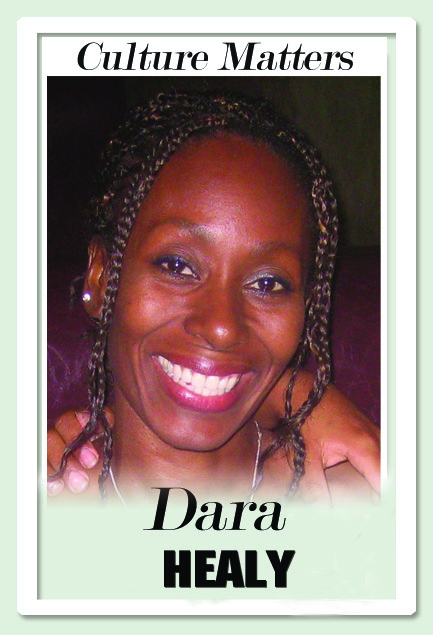A war hero’s tale

Culture Matters
Voices from our past
MY NAME is Cornelius Cunningham. I was a soldier with the British West Indian Regiment. Now, I am dying.
Of course I knew that I could end up this way; dead before I was ready. But I wanted a chance to make a better life for me and my sweetheart Amelia; beautiful, kind Amelia. She did not want me to go, especially since we suspected a little one was on the way.
Irene, my mother, stayed silent, but her eyes spoke her fear. Melvin, my father, was nowhere around, was never really there, so Irene cooked and cleaned for rich people. Me, I taught myself to read and did odd jobs, planning a way out.
You see, I wanted more than the scrimping, the tough meat you had to soak for days before you could eat it, the cramped shack with no privacy. It was time for my mother to rest now, put up her feet. As a soldier, I would get a good wage, regular rations. It would be a start.
To be honest, I do not even recall what the war was about. On that day in Port of Spain, there were hundreds of us, young men like me, eager to play our part in saving the British Empire. The man explaining everything recited a poem, “Children of the Empire, you are brothers all,/ Children of the Empire, answer to your call.” Just signing up made you a hero. It was a matter of pride.
Amelia’s face kept me alive. The stench of war permeated my skin and stained my soul. We walked for hours in rain, freezing cold and mud. We had never seen so much mud, except in hog pens at home. The cold and filthy water penetrated our thin uniforms. Many of us got sick – pneumonia, influenza, fever. Some became infested with lice.
It was never ending. We walked and slept in mud. And there was always a problem with the shipping or some reason why rations were low. I longed for the little shack, Amelia’s strength and my mother’s ability to turn the most humble ingredients into a delicious meal.
Their hate for us made the war worse. At home, we understood the order of life. The whites, British or otherwise, owned almost everything. The light-skinned blacks had access to opportunities because of their skin colour, better education and jobs. We expected to be shunned because of how we looked and where we came from.
The war was supposed to be different; the British had asked us to come after all. But we found out too late that they wanted a certain kind of soldier. In fact, the local whites and lighter-skinned soldiers formed themselves into separate Merchant and Planters contingents and paid their own passage to Europe.
By the time I enlisted, a British West Indian Regiment (BWIR) had been reluctantly created. The BWIR had men from the Caribbean, Africa, India and even black British who wanted to support the war effort but could not get into the white units of the British army.
Our living conditions were worse than the white soldiers, sometimes even the prisoners, and we were barred from the front line. We carried ammunition to the soldiers on the front, drove ambulances and dug trenches. Many of us perished from German snipers or air attacks but, unlike the white soldiers, we were unarmed.
In the Middle East we finally saw combat. Afterwards, the major general pronounced that the BWIR displayed “coolness under fire and intelligent application of what was required.”
In the midst of all of this, the Russian people rebelled against their aristocracy and Lenin pulled Russia out of the war. Across Europe, citizens began to riot, as food and jobs became scarce. Like me, they were trying to remember why we were fighting.
The Americans entered the war and soon enough, it was over. But the disrespect persisted. In Italy, while demobilising, they wanted us, war heroes, to clean latrines for the white soldiers. The proud men of the BWIR exploded, with disastrous results. I made it home, but I would never recover from my wounds. Now, I am dying.
Amelia is still beautiful, though her eyes are sadder. She gently tells me that my mother has left us. My son sees me as a hero which is a great reward. He will continue our fight for justice, because more change is coming. I’m losing consciousness; thank you for listening to my story. Remember me.
This story is based on actual events. In certain cases, characters and timelines have been changed for dramatic purposes. Some characters may be composites, or entirely fictitious.
Dara E Healy is a performance artist, communications specialist and founder of the NGO, the Indigenous Creative Arts Network – ICAN


Comments
"A war hero’s tale"